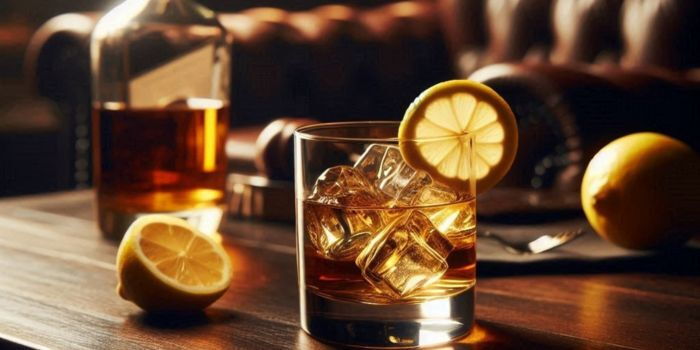Prepare to dig deeper into your pockets, gin enthusiasts, as the beloved Chrome gin is slated to undergo a staggering price surge come July 1.
The once-affordable 250ml bottle, a staple for many, will catapult from the current Ksh300 to a jaw-dropping Ksh770, marking a whopping 123 per cent hike.
Let me explain.
The drastic spike in price stems from a government initiative outlined in the Finance Bill 2024, which proposes a seismic shift in excise tax calculations for alcoholic beverages, including beer, wine, and spirits. Unlike the prevailing flat excise rate, the proposed method hinges on the alcohol’s pure alcohol content, measured as Alcohol By Volume (ABV).
Under these impending measures, the average tax rate is set to surge from Ksh356.42 to a steep Ksh640, affecting a staggering 95 per cent of the spirits portfolio, according to industry data.
Analysing industry data, a staggering 69 per cent of spirit consumption unfolds at 40 per cent ABV within the 250ml spectrum, traditionally priced below Ksh300. Consequently, this demographic bears the brunt of the forthcoming price hike.
The crux of the matter lies in the fact that most gin consumption in Kenya occurs at 40 per cent ABV, with a preferred bottle size of 250ml, typically retailing below Ksh300.
An illustration of the impact of proposed taxes on gin.
Photo
Kenyans.co.ke
With the proposed tax adjustments, the price hike will disproportionately affect this consumer segment, with an anticipated increase of approximately Ksh100 per 250ml bottle for the most popular ABV variant.
Local manufacturers, already grappling with rising production costs, now face an additional hurdle. The proposed excise duty will encompass not only the final product but also the inputs used in manufacturing, including ethanol, glass, concentrates, and sugar.
Ethanol, also known as Extra Neutral Alcohol (ENA), stands as a cornerstone ingredient in the manufacturing process of gin, a quintessential element that imparts the spirit its characteristic potency and flavour.
Presently, manufacturers enjoy a semblance of relief as they pay a fixed excise duty of Ksh356 per litre on ethanol, with the ability to claim back this expenditure.
With the stroke of a pen, the excise duty on ethanol is slated to skyrocket to a staggering Ksh1,600 per litre. In essence, the proposed legislation threatens to sever the lifeline that has hitherto shielded manufacturers from the full brunt of excise duties.
Eric Kiniti, the astute Corporate Relations Director at East African Breweries Limited (EABL), laid bare the stark realities of these impending changes during an interview with Spice FM’s Situation Room.
Kiniti elucidated, “We don’t have any excise paid on any raw materials. So we currently pay excise on ethanol, glass, concentrates, and sugar. And at the point of paying the excise on the final product, the finished product, we are able to claim back what we used, what we paid from the raw material. Okay. By deleting this clause, it means that we have to pass on the cost of the excise that we paid on the raw material to the consumer.”
The ramifications are dire and far-reaching. As manufacturers grapple with the specter of mounting production costs and diminishing profit margins, consumers find themselves perilously poised on the precipice of a sobering reality. Brace yourselves, for the days of affordable libations may soon be naught but a distant memory.
This move, according to industry giant East African Breweries Limited (EABL), could render local manufacturing of spirits economically unviable, potentially prompting manufacturers to relocate operations abroad.
The Finance Bill’s provisions, if passed in their current form, spell dire consequences for the industry. Despite a slight extension in the timeline for excise duty payments, from 24 hours to five working days, manufacturers lament that the administrative burden remains unduly onerous, exacerbating operational costs.
Moreover, industry insiders warn of a potential surge in illicit alcohol trade, fueled by soaring prices of legitimate products. With the Treasury proposing a nearly 80 per cent increase in excise tax on spirits, legitimate manufacturers fear losing market share to counterfeit alcohol, which already accounts for a significant portion of the market.
In response to these impending challenges, the Alcohol Beverages Association of Kenya (ABAK) has proposed measures to mitigate the impact, including lowering the excise rate and reinstating provisions enabling offset of input excise tax on key manufacturing inputs.
Alcoholic drinks displayed in a club.
Photo
Wine Liquor Beer




